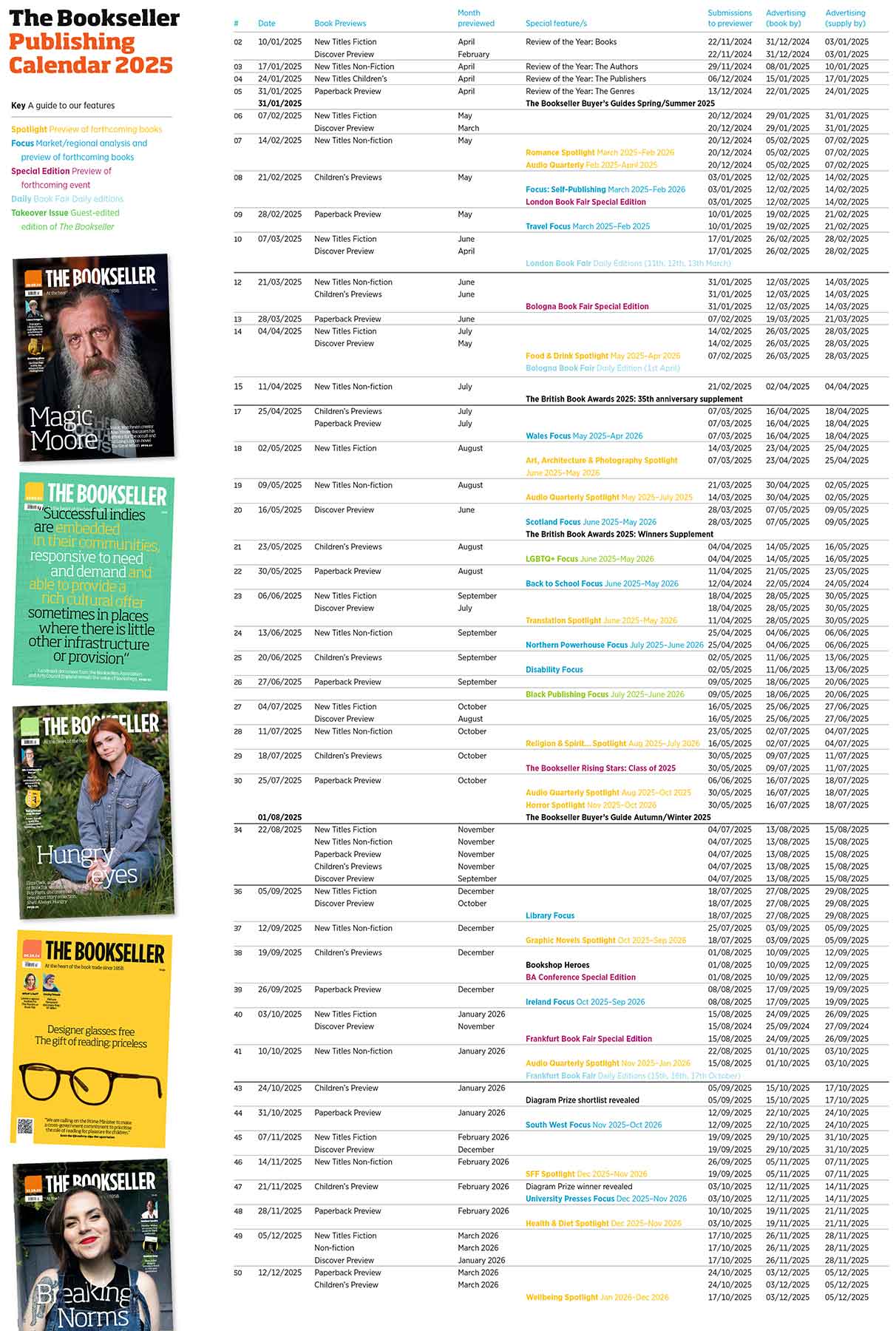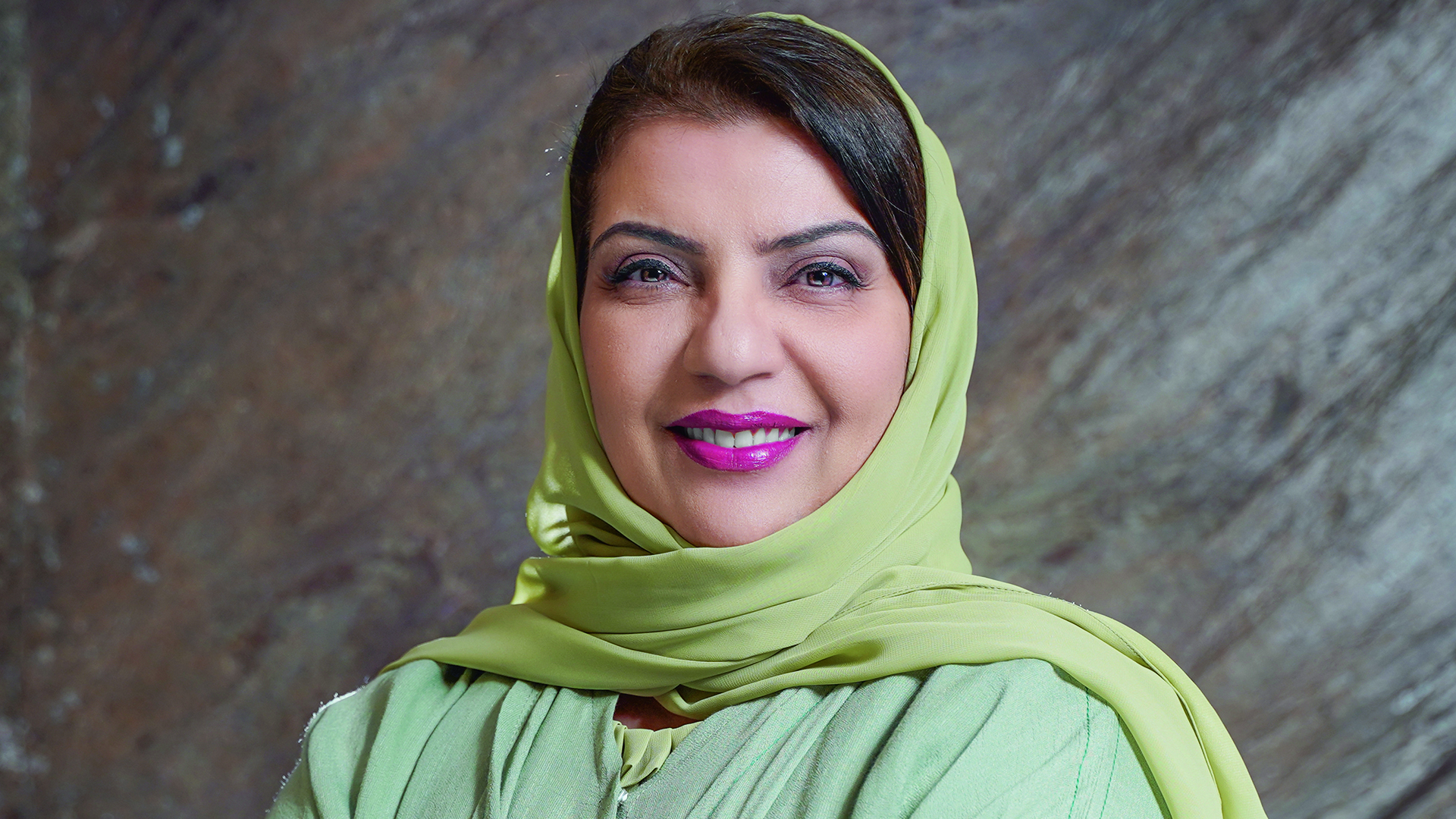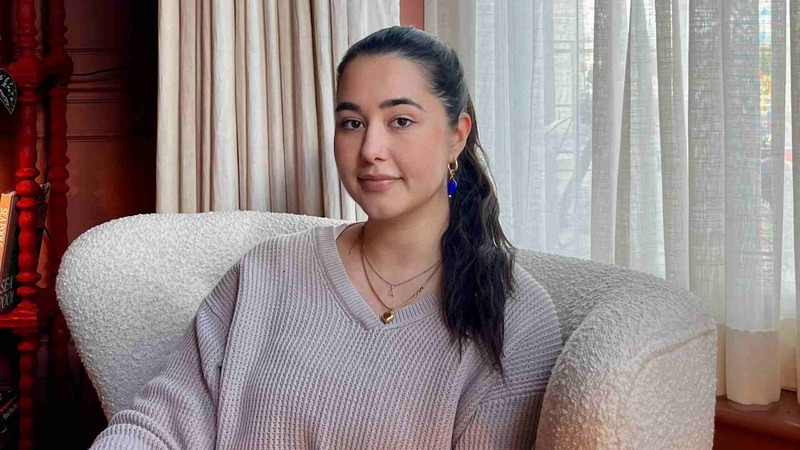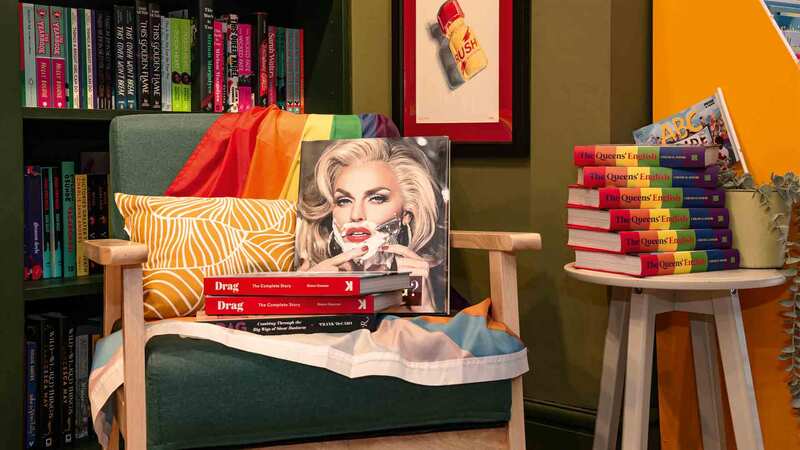You are viewing your 1 free article this month. Login to read more articles.
Shortlist for $50k International Prize for Arabic Fiction revealed with first UAE nomination
The shortlist for the $50,000 International Prize for Arabic Fiction has been revealed, with six countries represented, including the UAE for the first time.
The shortlist was revealed online by this year’s chair of judges, Shukri Mabkhout, alongside Fleur Montanaro, the prize’s administrator. The list features four men and two women who between them represent Egypt, Kuwait, Libya, Morocco, Oman and the UAE. Collectively, the writers address a range of issues including identity, access to education, poverty, gender roles, fear, revenge and freedom of expression.
Egyptian novelist and journalist Tarek Imam is up for the prize with Cairo Maquette (Al-Mutawassit), about artists in Cairo at four points in the city’s history. It is vying against the UAE’s Reem al-Kamali and her novel Rose’s Diary (Dar al-Adab) which follows a young girl in Shindagha, Dubai, in the 1960s, before the foundation of the UAE, and Omani writer Bushra Khalfan’s Dilshad (Takween–Iraq) described as "a novel of hunger, sadness, adventure and love" set in Muscat, the capital of Oman, in the first half of the 20th century.
Also in contention is Moroccan writer Mohsine Loukili with The Prisoner of the Portuguese (Dar Mim), about a man who leaves Fez and goes to the countryside looking for work only to find himself a prisoner in a Portuguese jail on the North African coast, leaving behind a wife and three children.
It is up against Kuwaiti writer Khaled Nasrallah’s The White Line of Night (Dar Al Saqi) about a copy editor in the Department of Published Works who is disturbed when he has to ban a book, and debut Libyan author Mohamed Alnaas’ Bread on the Table of Uncle Milad (Rashm), which follows a man living at home performing the tasks which his society reserves for women while his wife works and supports the family.
Each of the six shortlisted authors will receive $10,000, with the winner announced on 22 May receiving an additional $50,000 (£38,000).
Mabkhout said: “The six novels represent a strikingly diverse range of topics and forms around identity and freedom. Some of them took us on a journey to the past, inspired by the aspirations and struggles of people living in various regions across the Arab world. They depicted the endeavours of marginalised, oppressed or forgotten individuals throughout history as they sought to forge and change their destinies. Other novelists on this shortlist portrayed freedom from various angles, such as the freedom of imagination to reconstruct a reality in which fantasy and truth intertwine, the freedom of expression and creativity in the face of visible or hidden oppression, and the freedom of individual identity.”
Professor Yasir Suleiman, chair of the board of trustees, added: “This is a daring shortlist of works by writers who have come to the novel from different walks of life, cutting their teeth in various arenas of literary production before delving into extended fiction writing. Decorated by different literary patrons in the Arab world, our shortlistees have dared to probe topics that are frowned upon, adding more credence to the claim that the novel, in the Arab context, is a surrogate form of political and social expression. It would, however, be unfair to ignore the literary merits that captivate the reader in these novels, including the intertwining of multi-voiced narratives and the reimagining of time to express seamless continuity through fracture.”


















